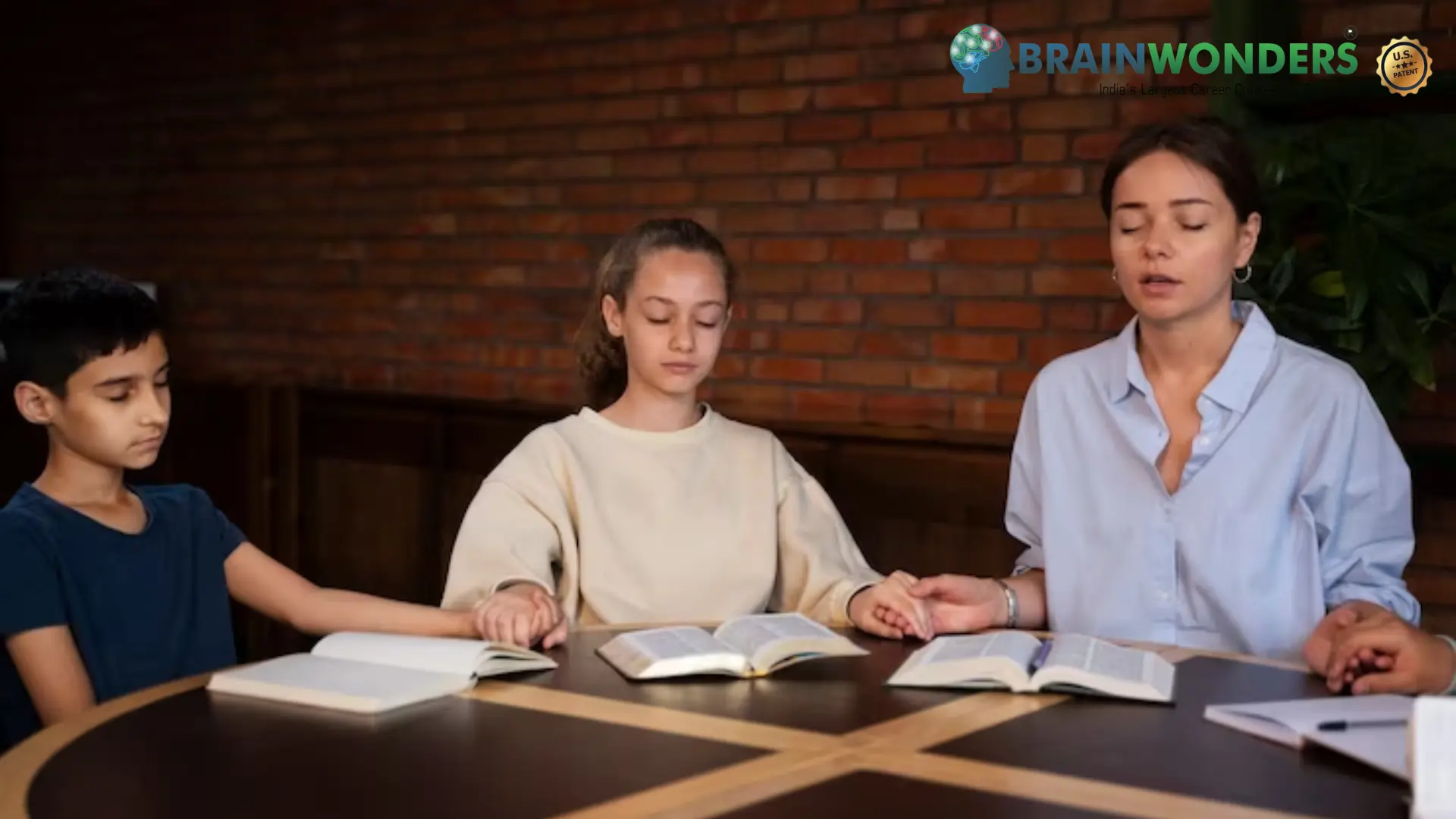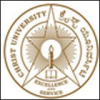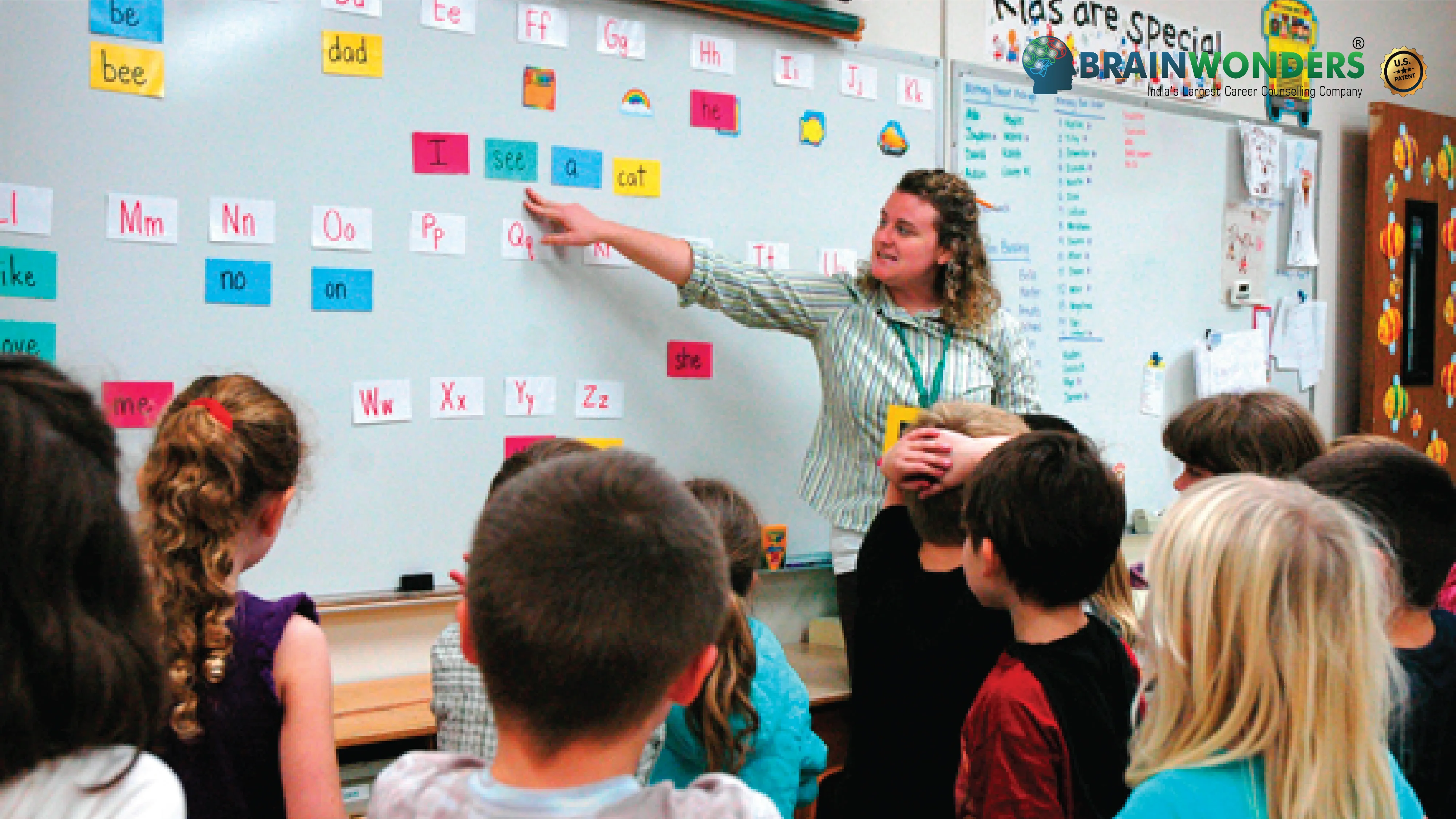How to become a Philosophy and Religion Teachers, Postsecondary
Overview, Courses, Exam, Colleges, Pathways, Salary

Overview
Who is Philosophy and Religion Teachers, Postsecondary ?
Philosophy and religion teachers at the postsecondary level are educators who specialize in teaching courses related to philosophy, religious studies, theology, or comparative religion in colleges, universities, and other higher education institutions. These teachers are passionate about their subjects and play a crucial role in fostering critical thinking, intellectual growth, and a deeper understanding of philosophical and religious concepts among their students.
They design and deliver engaging lectures, seminars, and discussions, encouraging students to explore and analyze complex ideas, theories, and texts. Philosophy and religion teachers also engage in scholarly research, publishing their work in academic journals and presenting at conferences to contribute to advancing knowledge in their fields. They provide mentorship and academic advising to students, guiding them in their academic and career pursuits.
Additionally, philosophy and religion teachers actively participate in curriculum design and program development, ensuring that courses and programs reflect current trends and emerging perspectives. Their commitment to the academic community extends beyond the classroom, as they serve on committees, engage in faculty governance, and contribute to the overall institutional environment. Through their teaching, research, and service, philosophy and religion teachers at the postsecondary level inspire students to think critically, examine diverse perspectives, and engage in meaningful intellectual inquiry.
Typical day at work
What does Philosophy and Religion Teachers, Postsecondary do?
- Curriculum Development: These teachers develop course materials, syllabi, and instructional plans to teach philosophy and religion topics effectively. They ensure that the curriculum aligns with the program's goals and meets students' needs.
- Classroom Instruction: Philosophy and religion teachers deliver lectures, lead discussions, and facilitate seminars to engage students in critical thinking and analysing philosophical and religious concepts. They provide guidance, pose thought-provoking questions, and encourage active participation.
- Assessment and Evaluation: They design and administer assignments, exams, and other assessments to evaluate students' understanding and knowledge of the subject matter. They provide feedback on student work and grades.
- Research and Scholarly Activities: Philosophy and religion teachers engage in research, scholarly writing, and publishing academic articles to contribute to the field's knowledge. They may present their research at conferences and participate in academic discussions.
- Advising and Mentoring: They provide academic and career guidance to students, assist in course selection, and supervise research projects. They offer support and mentorship to help students navigate their academic journey.
- Institutional Service: Philosophy and religion teachers participate in departmental and institutional committees, engage in faculty governance, and contribute to the academic community through service activities.
Abilities and Aptitude needed
What are the skills, abilities & aptitude needed to become Philosophy and Religion Teachers, Postsecondary?
- In-depth Knowledge: Philosophy and religion teachers should comprehensively understand the subjects they teach. They must possess a strong foundation in philosophy, religious studies, theology, or comparative religion, including knowledge of significant thinkers, theories, texts, and historical contexts.
- Communication Skills: Effective communication skills are essential for postsecondary teachers. They should be able to clearly articulate complex concepts, facilitate engaging discussions, and present information concisely and understandably.
- Critical Thinking: Philosophy and religion teachers need strong critical thinking skills to analyze and evaluate different philosophical and religious perspectives. They should be able to encourage and guide students in developing their critical thinking abilities.
- Research and Writing: These teachers should have proficiency in research methodologies, scholarly writing, and publication. They should be able to conduct independent research, contribute to the field's knowledge, and effectively communicate their ideas through academic writing.
- Interpersonal Skills: Philosophy and religion teachers interact with diverse groups of students and colleagues. They should possess strong interpersonal skills to build positive relationships, foster a supportive learning environment, and engage in respectful dialogue.
- Organizational Skills: Postsecondary teachers must have excellent organizational skills to manage course materials, assignments, grading, and administrative responsibilities. They should be able to plan and structure lessons effectively, meet deadlines, and handle multiple tasks efficiently.
- Adaptability and Continuous Learning: Philosophy and religion are evolving fields. Teachers must stay updated with current research, emerging perspectives, and cultural developments. They should be adaptable to new ideas, pedagogical approaches, and changing educational landscapes.
- Patience and Empathy: A patient and empathetic approach is valuable when working with diverse student populations. Philosophy and religion teachers should be supportive, understanding, and responsive to the needs of their students.
Salary
Salary for Philosophy and Religion Teachers, Postsecondary?
Salary of a Philosophy And Religion Teachers, Postsecondary is as follows :
- Minimum Monthly Salary: Entry-level postsecondary Philosophy and Religion teachers may earn a minimum monthly salary of approximately INR 25,000 to INR 40,000. These educators often start careers as assistant professors or instructors at colleges and universities.
- Maximum Monthly Salary: Experienced and highly respected Philosophy and Religion teachers with advanced degrees, significant teaching experience, and a strong research portfolio may earn a monthly salary ranging from INR 70,000 to INR 1,50,000 or more. Compensation can vary based on the institution's prestige and location.
- Annual Salary: The annual salary for entry-level or junior postsecondary Philosophy and Religion teachers could be around INR 3,00,000 to INR 5,00,000. As educators progress in their careers, achieve tenure, and publish scholarly work, their annual income can increase from approximately INR 8,00,000 to INR 18,00,000 or higher.
- Highest Paying Jobs and Scope: Prominent universities, research-focused institutions, and prestigious colleges may offer higher earning potential to Philosophy and Religion teachers. Professors who publish influential research, secure grants, and engage in academic leadership roles may have enhanced earning opportunities. Moreover, Philosophy and Religion teachers who excel in teaching, develop innovative curricula, and engage with interdisciplinary subjects may find greater demand and compensation. The scope for these educators lies in nurturing critical thinking, ethical understanding, and cultural awareness, making them essential contributors to higher education institutions. As the importance of these subjects persists, the demand for qualified postsecondary Philosophy and Religion teachers is likely to endure, offering a stable and intellectually fulfilling career path.
Pathways
How to become an Philosophy and Religion Teachers, Postsecondary?
Entrance Exam
Entrance Exam for Philosophy and Religion Teachers, Postsecondary ?
Courses
Which course I can pursue?
Best Colleges
Which are the best colleges to attend to become an Philosophy and Religion Teachers, Postsecondary?
Industries
Which Industries are open for Philosophy and Religion Teachers, Postsecondary?
- Colleges and Universities: The primary industry for philosophy and religion teachers is higher education. They can work in public or private colleges and universities, teaching undergraduate and graduate-level philosophy, religious studies, theology, or comparative religion courses.
- Theological Seminaries: Philosophy and religion teachers may find opportunities in theological seminaries, which focus on training individuals for religious leadership roles. They can teach courses related to theology, religious ethics, or specific religious traditions.
- Liberal Arts Institutions: Philosophy and religion teachers are often sought after in liberal arts colleges and institutions. These institutions emphasize a well-rounded education, and philosophy and religion courses are often part of their core curriculum.
- Research Institutions: Research-focused institutions, such as think tanks or research centres, may employ philosophy and religion teachers to conduct academic research, contribute to scholarly publications, and participate in interdisciplinary research projects.
- Online Education: With the growth of online education, philosophy and religion, teachers may find opportunities to teach online courses or work for institutions specialising in distance learning.
- Continuing Education: Some philosophy and religion teachers may work in continuing education programs, providing lifelong learning opportunities to professionals or community members interested in philosophical or religious studies.
internship
Are there internships available for Philosophy and Religion Teachers, Postsecondary?
- Teaching Assistantships: Many graduate programs in philosophy and religious studies offer teaching assistantships to their students. These positions provide hands-on experience teaching undergraduate courses, grading assignments, and assisting professors.
- Research Internships: Philosophy and religion teachers can seek research internships or research assistant positions with faculty members or research institutions. These internships allow individuals to work on research projects, contribute to scholarly publications, and gain valuable experience in the research process.
- Academic Support Roles: Some universities may offer internships or part-time positions in academic support centres, such as tutoring or writing centres. These roles provide opportunities to assist students in philosophy and religion coursework, facilitate study groups, or offer guidance on research and writing skills.
- Adjunct Teaching: While not strictly internships, aspiring philosophy, and religion teachers can gain teaching experience by working as adjunct instructors. Adjunct positions are often part-time and provide an opportunity to teach introductory or lower-level courses, gaining valuable classroom experience.
- Mentorship Programs: Some institutions or organizations may have mentorship programs that pair aspiring philosophy and religion teachers with experienced faculty members. This mentorship can guide, advise, and support as individuals develop their teaching and research skills.
Career outlook
What does the future look like for Philosophy and Religion Teachers, Postsecondary?
The future for postsecondary philosophy and religion teachers is promising. Their expertise will remain valuable with the increasing demand for critical thinking skills, interdisciplinary collaboration, and ethical reasoning. The expansion of online education provides new avenues for reaching a wider audience. As society grapples with complex social and cultural issues, the relevance of philosophy and religion in addressing these challenges will grow. While there may be challenges in the job market, the passion for philosophical and religious inquiry ensures that these teachers will continue to make meaningful contributions to academia and society.







